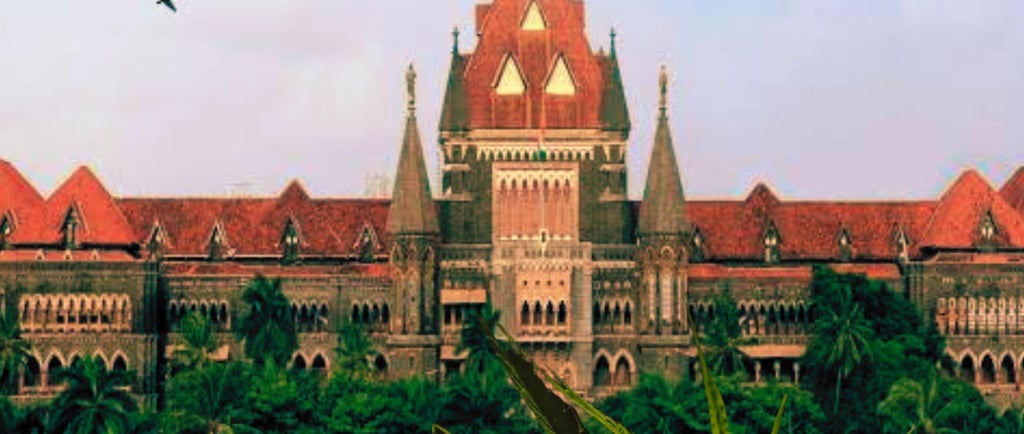Bombay High Court Clarifies: Ganja Under NDPS Act Refers to Flowering Heads, Excludes Seeds and Leaves
The Bombay High Court’s Nagpur bench recently clarified that under the NDPS Act, “ganja” refers only to the fruiting or flowering heads of the cannabis plant, excluding its seeds and leaves.
10/6/20241 min read


The Bombay High Court’s Nagpur bench recently clarified that under the NDPS Act, “ganja” refers only to the fruiting or flowering heads of the cannabis plant, excluding its seeds and leaves. This observation was made while granting bail to Mohammad Jakir Nawab Ali, who had been charged with carrying a commercial quantity of cannabis. Justice Urmila Joshi Phalke, presiding over the case, noted that the definition of “ganja” under the Act does not extend to seeds and leaves unless they are accompanied by the flowering or fruiting tops. The court’s observation was significant because the police, in this case, had failed to properly separate the seized cannabis plant materials, raising doubts about whether the contraband met the commercial quantity threshold.
Ali had been arrested in December 2021 after police intercepted his vehicle and seized around 50 kilograms of what was labeled as ganja. However, his defense argued that the bulk of the seized material consisted of leaves, seeds, stems, and stalks—parts of the plant that do not fit the legal definition of “ganja” unless combined with the tops. The court found that the failure to segregate and properly weigh the materials raised serious doubts about the charges. Additionally, Ali’s counsel highlighted delays in the trial, arguing that his right to a speedy trial under Article 21 of the Constitution was being violated. Citing these factors, the court granted Ali bail, requiring him to execute a personal bond of ₹750,000 and comply with other conditions such as monthly reporting to the police.
